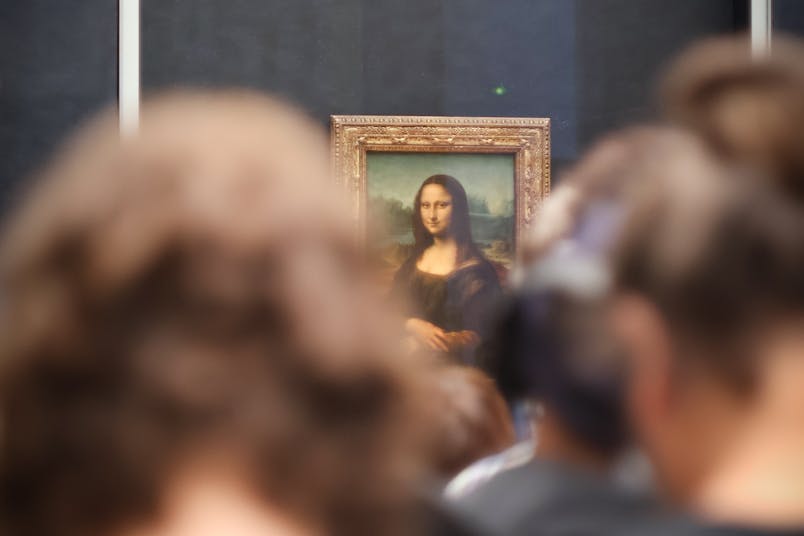Art history provides a window into the past, revealing the cultural, social, and political contexts of various periods. Understanding this rich history can be both inspiring and enlightening. With the advent of technology, accessing this knowledge has become easier than ever. Online platforms now offer diverse art history courses that allow learners to delve into this fascinating subject from the comfort of their homes. Whether you are a seasoned art enthusiast or a curious beginner, online courses can offer a flexible and comprehensive way to explore the depths of art history.
Advantages of Online Art History Courses
One of the key benefits of online art history courses is accessibility. You can access world-class education from renowned institutions and educators regardless of where you live. These courses are designed to fit your schedule, letting you learn at your own pace. Online platforms often provide multimedia resources, such as videos, interactive timelines, and virtual museum tours, to enhance the learning experience. This multimedia approach makes the study of art history more engaging and dynamic.
Moreover, the range of topics available in art history courses is vast. From ancient civilisations to contemporary art movements, there is something for everyone. Whether you are interested in the Renaissance, Impressionism, or modern art, you can find a course that caters to your interests. This diversity allows learners to tailor their education to their passions and curiosities.
Interactive Learning Tools and Resources
One of the advantages of studying art history online is the availability of interactive learning tools and resources. For instance, virtual museum tours allow you to explore famous art collections and exhibitions worldwide. This immersive experience provides a closer look at masterpieces, enabling you to appreciate the details and context of each work. Additionally, interactive timelines can help you visualise the chronological progression of art movements, making it easier to grasp the connections between different periods and styles.
For visual learners, video lectures and high-resolution images of artworks can bring the subject to life. For auditory learners, podcasts featuring discussions with art historians and experts can provide valuable insights. Interactive quizzes and assignments offer opportunities to apply your knowledge and receive feedback, reinforcing your learning and helping you track your progress.
Connecting with a Global Community
Enrolling in an online art history course also connects you with a community of learners and enthusiasts. This connection can enrich your educational experience by providing diverse perspectives and fostering meaningful discussions. Many online platforms offer discussion forums, social media groups, and live webinars where you can interact with fellow students and instructors. Engaging in these conversations allows you to share insights, ask questions, and gain different viewpoints, enhancing your understanding of art history.
Moreover, this global network can lead to lasting connections and collaborations. You might find study partners, join online groups, or even collaborate on art-related projects. The sense of community and shared passion for art can motivate and inspire you to delve deeper into the subject. Learning from peers with different cultural backgrounds can broaden your perspective, helping you appreciate the universal language of art and its impact on various societies throughout history.
Pursuing Specialised Interests
One of the significant benefits of art history courses is the opportunity to pursue specialised interests. Unlike traditional classroom settings, where the curriculum may be broad and generalised, online courses often offer niche topics that cater to specific interests. For example, courses focus on specific artists, art forms, or cultural contexts. This specialisation lets you delve deeper into areas that captivate your curiosity, such as the art of ancient Egypt, Japanese woodblock printing techniques, or women’s role in art history.
Pursuing these specialised interests can lead to a more profound and personal connection with the subject. It enables you to become an expert in particular areas, enhancing your appreciation and knowledge of art. Additionally, specialised courses can provide unique insights and perspectives that may not be covered in general courses. This depth of study can be particularly beneficial for those considering careers in art history, museum curation, or art education, as it equips you with in-depth knowledge in your chosen field.
Online art history courses offer a convenient, flexible, and enriching way to explore the depths of art history. They provide access to resources and expertise, allowing you to learn at your own pace and tailor your education to your interests. These courses can enhance your understanding of art movements, connect with a global community, pursue specialised interests, and expand your career opportunities. Whether you are a passionate art lover or a professional seeking to enhance your qualifications, online courses can provide a valuable and fulfilling educational experience.































